Takuya Shizume
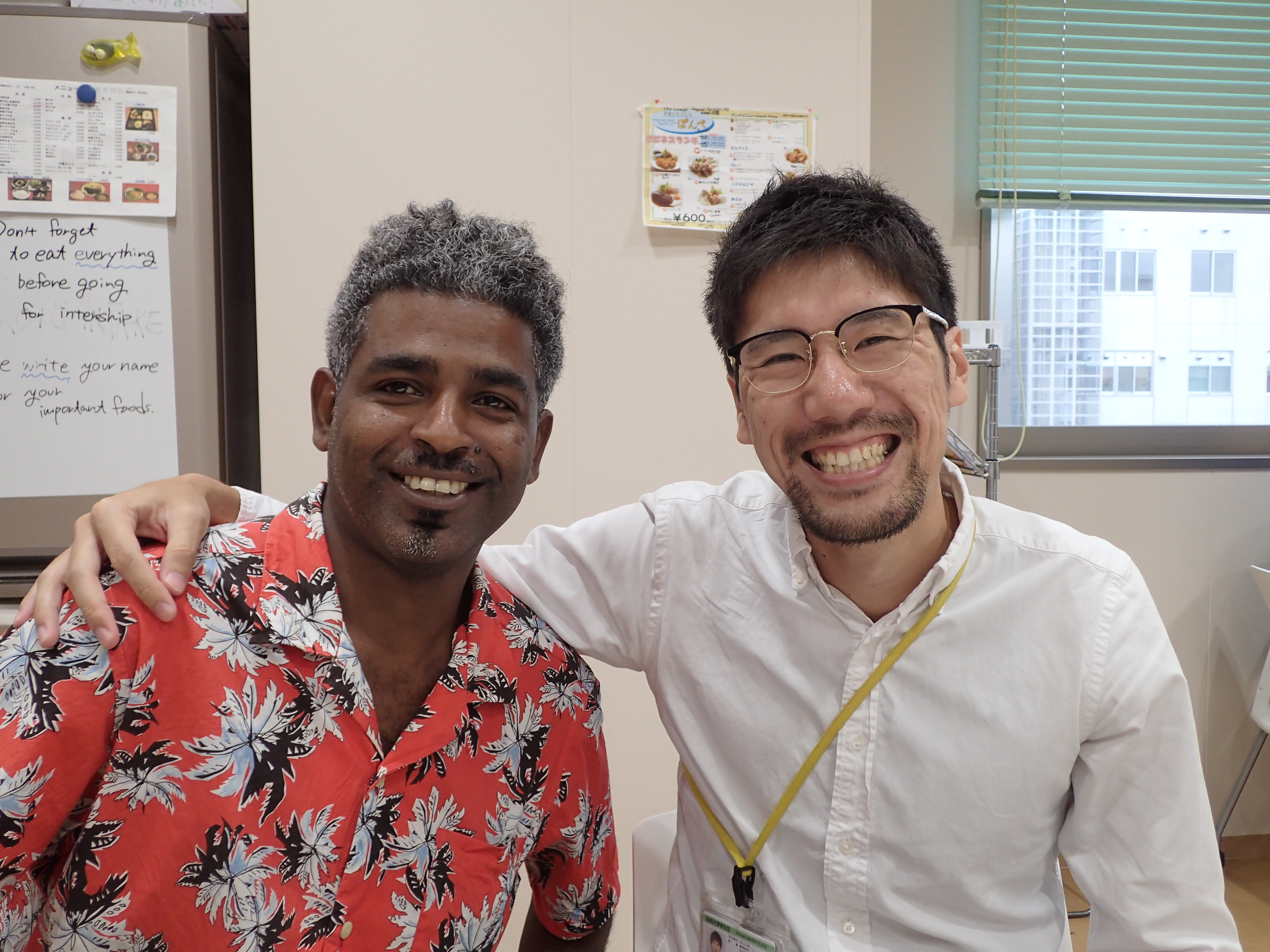 Hello, my name is Takuya Shizume (right). I am a 1st batch, Master of Public Health candidate, Tropical Medicine and Global Health, Nagasaki University.
Hello, my name is Takuya Shizume (right). I am a 1st batch, Master of Public Health candidate, Tropical Medicine and Global Health, Nagasaki University.
I entered this Master of Public Health course to study disease prevention after working in the Solomon Islands as a Physiotherapist and a Japan Overseas Cooperation Volunteer for 2 years. After the completion of this master degree, I am going to work in WHO/WPRO as a short-term consultant, and then in JICA as a full-time employee.
The most interesting part of this course is 5-month internship and 3-month research overseas (i.e. long term overseas practicum). In my case, I conducted 2-month internship in Asia Pacific Development center on Disability and 3-month internship in WHO Lao PDR country office. Regarding on my research, I conducted field survey on Schistosomiasis in southern Lao PDR in cooperation with Ministry of Health, Lao PDR.
I practically applied the acquired knowledge on statistics, epidemiology and data management etc to my field work during the internship and research. By doing so, I could have great field experiences and improve my skills in the field.
This study also enabled me to have good relationship with those who work in JICA, UN, Consultant company and NGOs. It also helped me to think about my future career.
In this 2-year course, you can spend precious time with precious friends and professors who have different expertise.

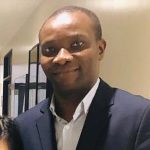
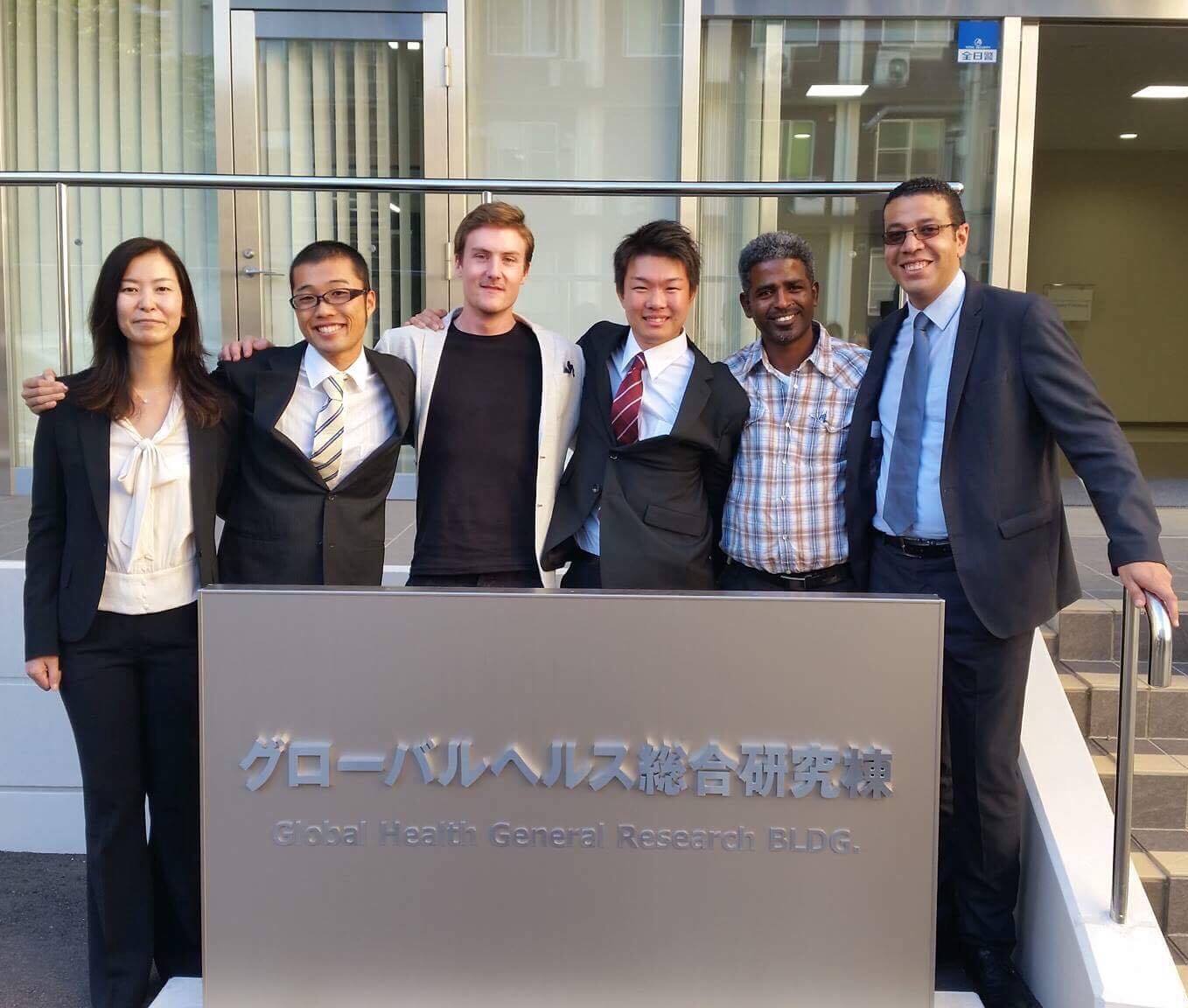
 Hello, my name is Takuya Shizume (right). I am a 1st batch, Master of Public Health candidate, Tropical Medicine and Global Health, Nagasaki University.
Hello, my name is Takuya Shizume (right). I am a 1st batch, Master of Public Health candidate, Tropical Medicine and Global Health, Nagasaki University.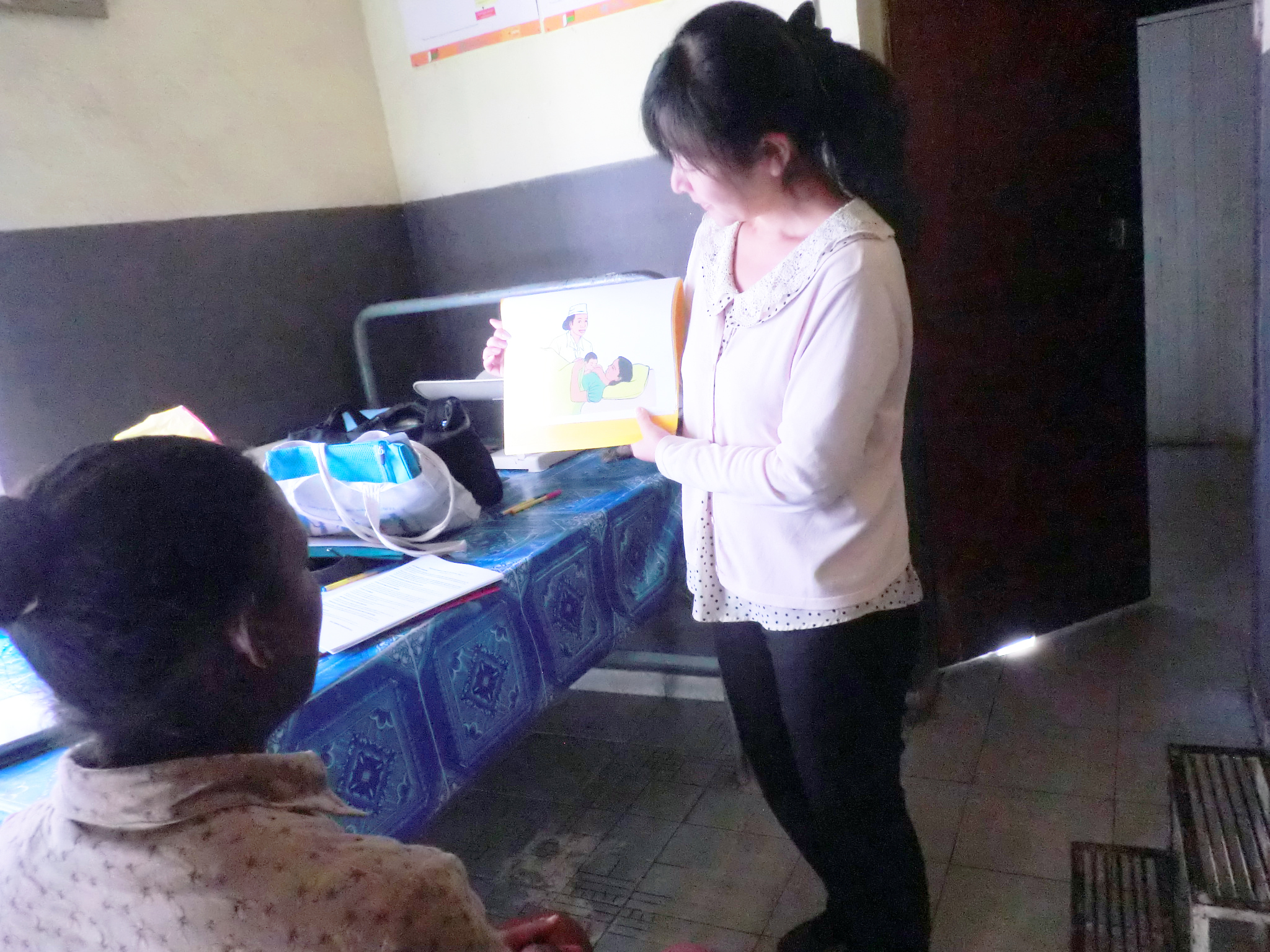 The experiences I went through as a 1st batch student of TMGH were more than what I had expected before I entered the School. Specialized lectures such as Tropical Medicine and Global Health, the practical skills gained through the long-term internship, and research activities which allowed me to pursue what I had wanted to demonstrate were every feature of my TMGH achievements. Every lecture held during the 1st year was essential to my internship and research activities conducted in the 2nd year, therefore, the learning process of TMGH which allowed students to gain knowledge and also practical skills is reasonable and rational.
The experiences I went through as a 1st batch student of TMGH were more than what I had expected before I entered the School. Specialized lectures such as Tropical Medicine and Global Health, the practical skills gained through the long-term internship, and research activities which allowed me to pursue what I had wanted to demonstrate were every feature of my TMGH achievements. Every lecture held during the 1st year was essential to my internship and research activities conducted in the 2nd year, therefore, the learning process of TMGH which allowed students to gain knowledge and also practical skills is reasonable and rational.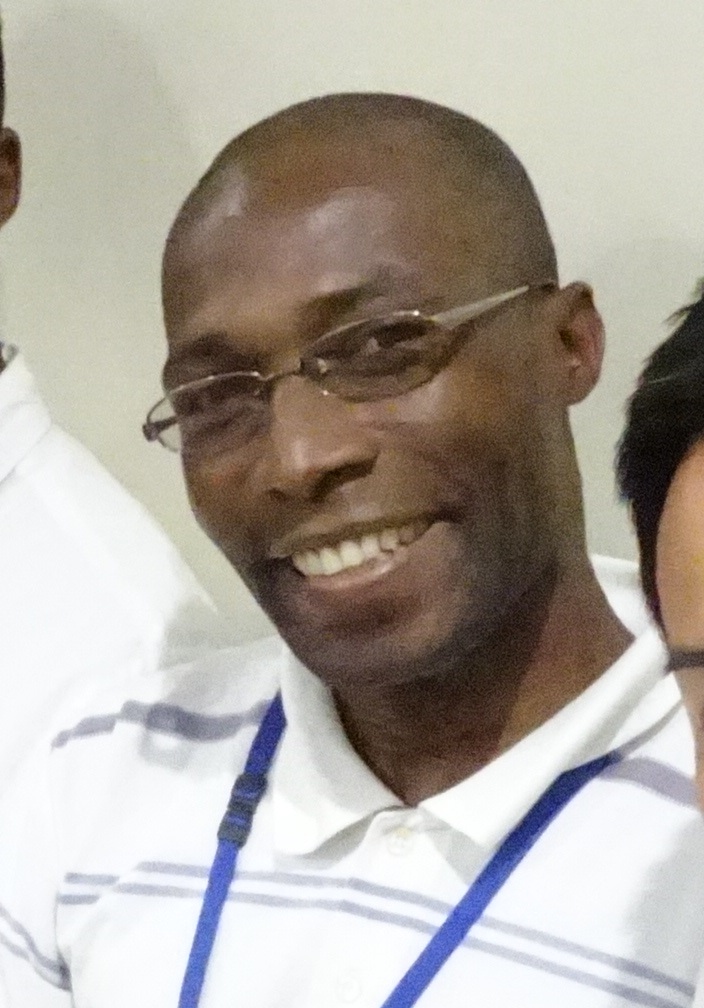 MY name’s Gavicho Lindo Celestino, from Mozambique.After graduated at Faculty of Medicine, I worked as clinician at districtal hospital and simultaneously as administrative manager of the hospital and as clinical director, coordinating clinical activities all over the district with 15 health centers. I entered in Nagasaki University supported by ABE Initiative (African Business and Education for youth Initiative).
MY name’s Gavicho Lindo Celestino, from Mozambique.After graduated at Faculty of Medicine, I worked as clinician at districtal hospital and simultaneously as administrative manager of the hospital and as clinical director, coordinating clinical activities all over the district with 15 health centers. I entered in Nagasaki University supported by ABE Initiative (African Business and Education for youth Initiative).